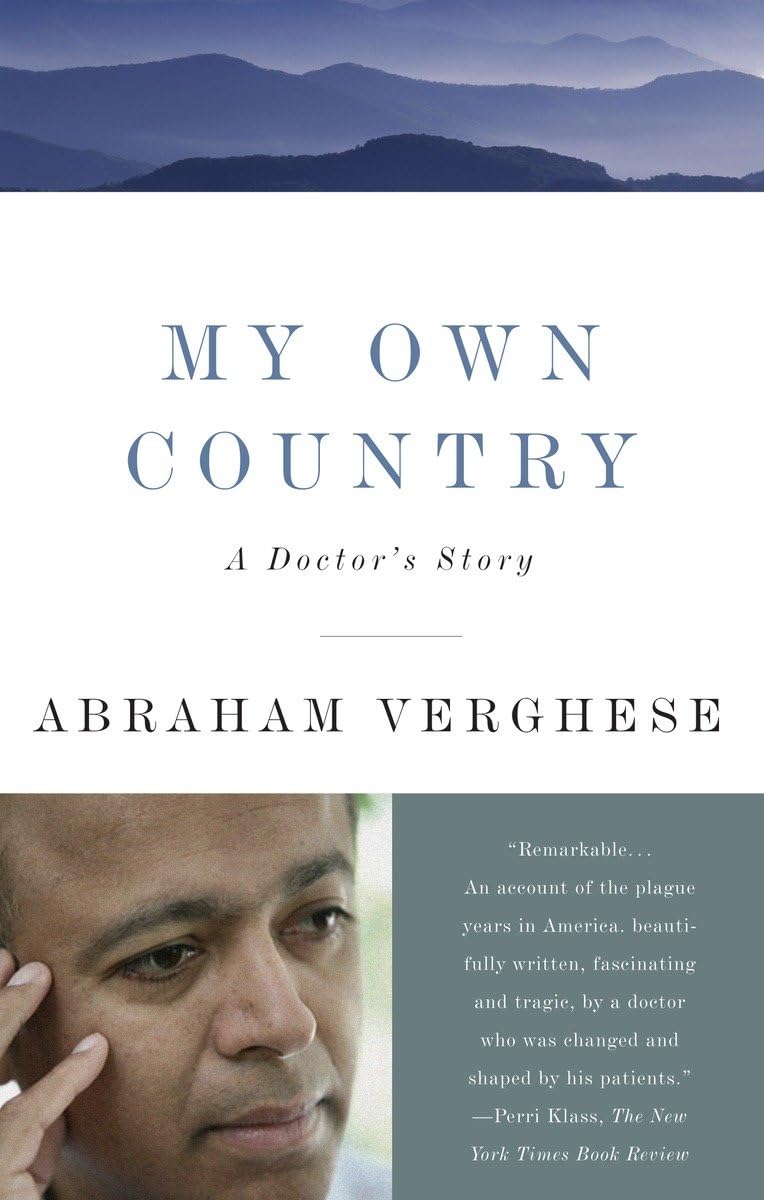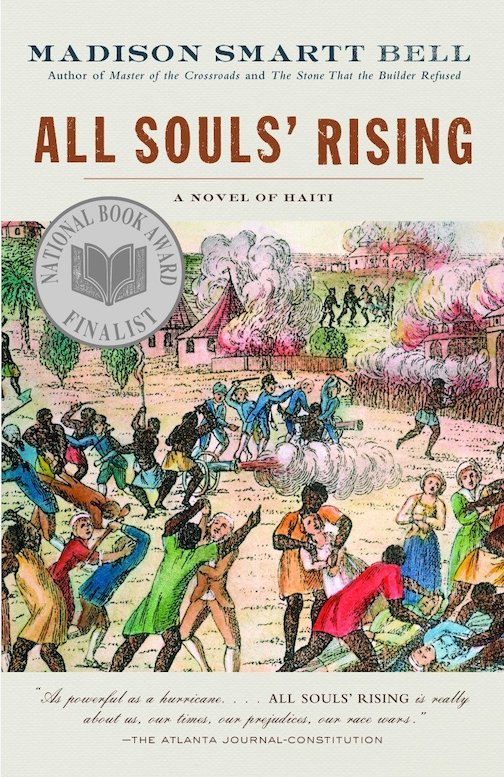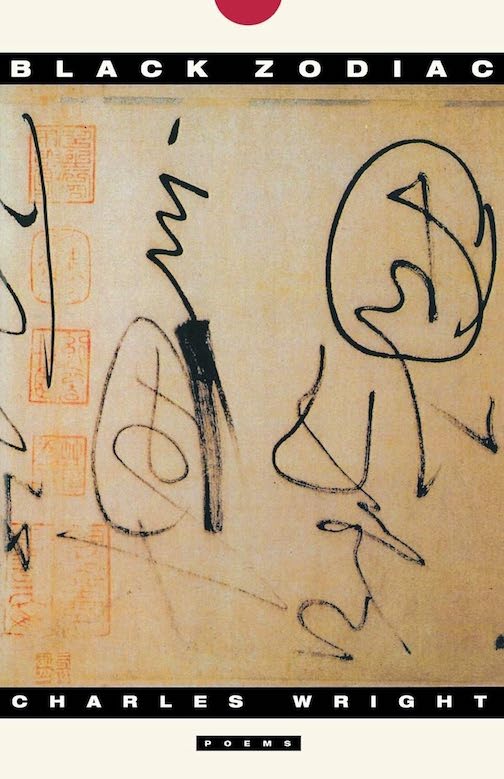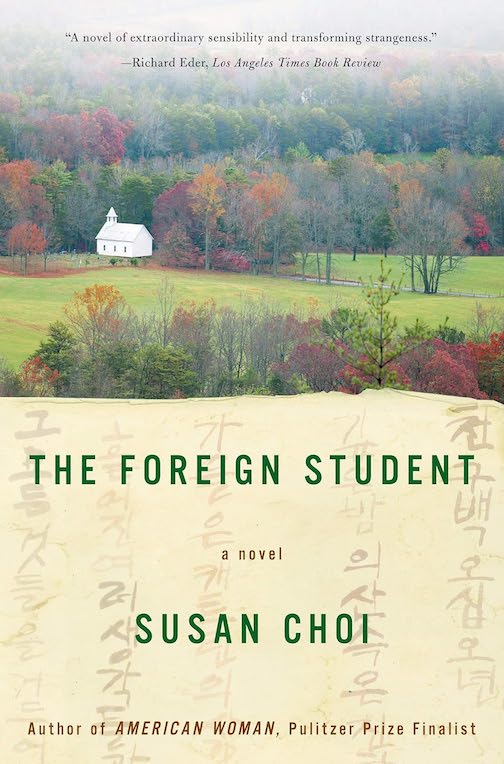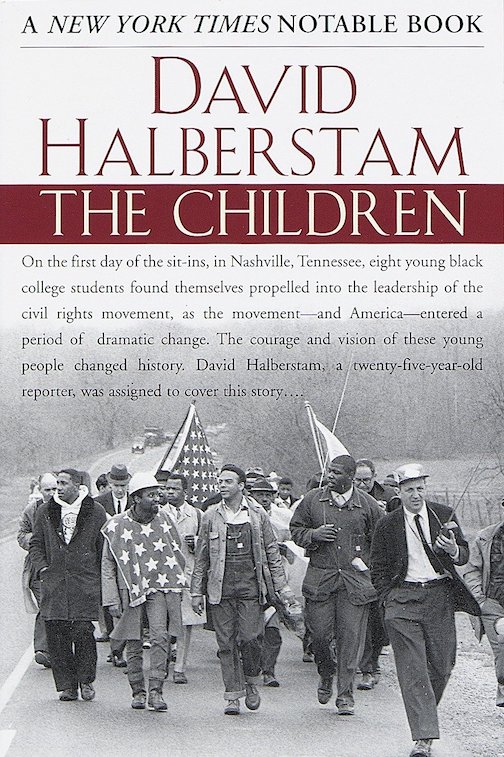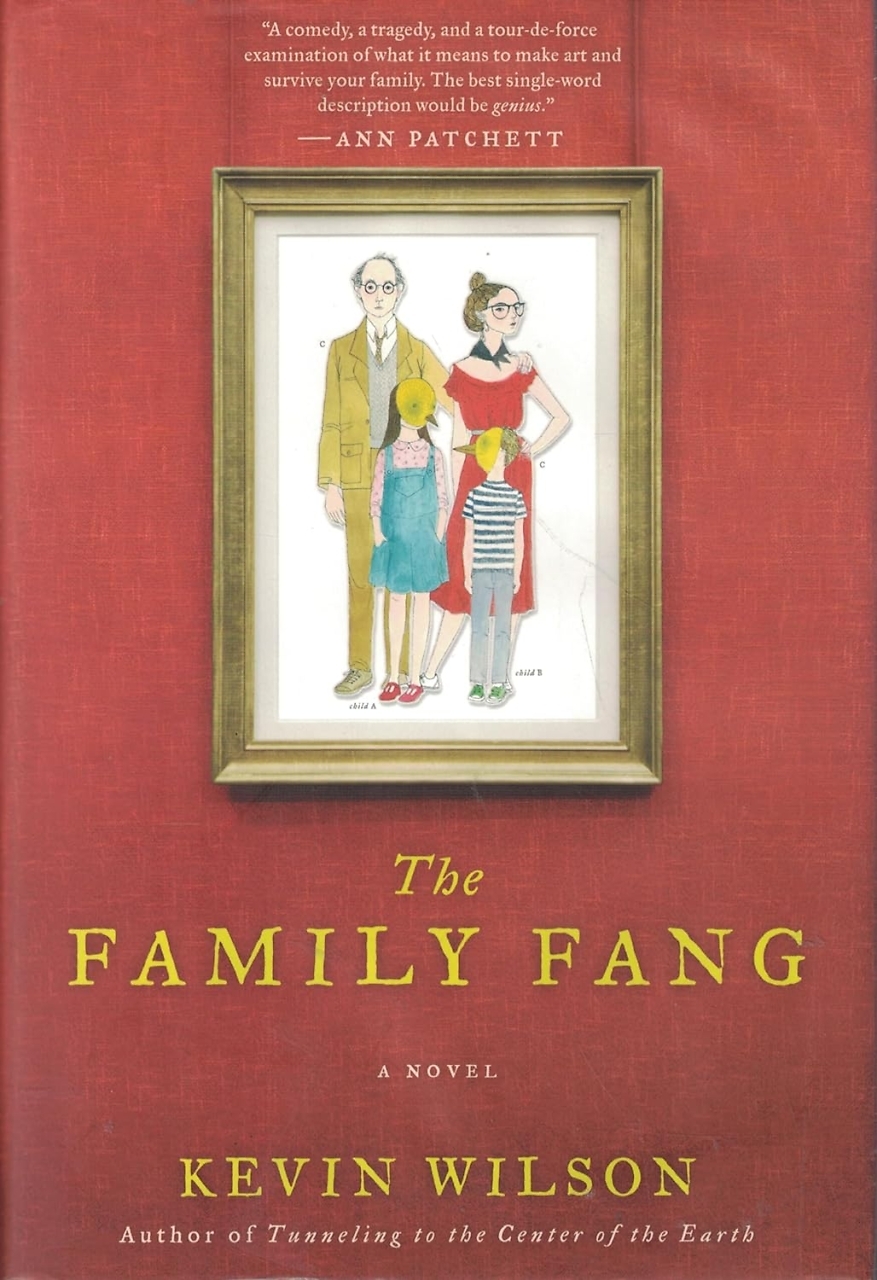Looking Back on 50 Years of Tennessee Books
50 Books / HT50, Part 4: 1994-1998
Arguably the most important event in the Tennessee book world during the second half of the 1990s is still ongoing: Dolly Parton’s Imagination Library was launched in 1995. The program that started small in Sevier County is now international in scope and mails out two million books a month to eager young readers. It’s pretty hard for any single book to top that, but the state was connected to some exceptional literary achievements during these years, including a Pulitzer Prize for poetry awarded to a native son and a legendary journalist’s acclaimed book about the extraordinary young civil rights activists who worked to end segregation in Nashville.
 Learn more about the 50 Books / HT50 project here, and go here to see all the project posts to date.
Learn more about the 50 Books / HT50 project here, and go here to see all the project posts to date.
My Own Country: A Doctor’s Story of a Town and Its People in the Age of Aids by Abraham Verghese. Born in Ethiopia to an Indian family, Verghese initially moved to Johnson City, Tennessee to complete his medical residency and later became an assistant professor of medicine at ETSU. My Own Country, his first book, recalls his experience there during the growing rural AIDS epidemic. (Simon & Schuster, 1994)
All Souls’ Rising by Madison Smartt Bell, who was born and raised in Nashville. All Souls’ Rising is the first novel in a trilogy about the Haitian Revolution. It was a finalist for the National Book Award and won the Anisfield-Wolf Book Award. (Pantheon Books, 1995)
Black Zodiac by Charles Wright, who served as U.S. Poet Laureate in 2014. Born in Pickwick Dam, Tennessee, Wright grew up in East Tennessee and North Carolina. Black Zodiac, his 11th book of poetry, won the Pulitzer Prize and the National Book Critics Circle Award. (Farrar Straus & Giroux, 1997)
The Foreign Student by Susan Choi, whose father emigrated from South Korea in 1955 to attend the University of the South at Sewanee. The Foreign Student, Choi’s debut novel, is set in Sewanee and informed by her father’s experience there. (Harperflamingo, 1998)
The Children by journalist and historian David Halberstam. The book chronicles the Nashville Student Movement to end segregation, which Halberstam covered as a reporter for The Tennessean. (Random House, 1998)

Humanities Tennessee is the state affiliate of the National Endowment for the Humanities (NEH). Founded in 1973, we continue to develop ways to connect, learn, and grow as a community.
